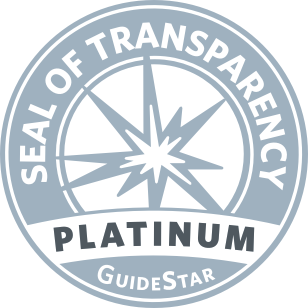Ocugen Reports Updated Results for Clinical Trial of Modifier Gene Therapy
Eye On the Cure Research News
The company is also launching modifier gene therapy clinical trials for GA and Stargardt disease
The biotech company Ocugen provided an update on the Phase 1/2 clinical trial for OCU400, its emerging, modifier gene therapy, which delivers copies of the NR2E3 gene to improve regulation of multiple functions in the retina including: photoreceptor maintenance and development, metabolism, phototransduction, inflammation, and cell survival. The company says OCU400 is designed to work for people with inherited retinal diseases caused by a broad range of gene mutations.
The latest report from the trial is for 12 patients who had follow-ups ranging from 6 to 12 months after subretinal injection of OCU400 in one eye. OCU400 had a favorable safety profile in the Phase 1/2 clinical trial. Also, 8 of 12 patients had stabilization or improvement in all three of the following visual function measures: best corrected visual acuity (BCVA), low luminance visual acuity (LLVA), and navigation of a multi-luminance mobility test (MLMT).
The trial enrolled people with: retinitis pigmentosa (RP) caused by autosomal dominant mutations in rhodopsin (RHO); RP caused by autosomal dominant mutations in NR2E3; and RP, enhanced S-cone syndrome; and Goldmann-Favre syndrome caused by autosomal recessive mutations in NR2E3. The trial is currently enrolling pediatric patients with RHO and NR2E3 mutations as well as adult and pediatric patients with Leber congenital amaurosis (LCA) caused by CEP290 mutations.
Ocugen has also started recruiting for two Phase 1/2 clinical trials for its modifier gene therapies for people with geographic atrophy (GA) associated with advanced dry age-related macular degeneration and Stargardt disease. The company plans to start dosing patients in the trials by the end of 2023.
These emerging therapies — OCU410 for GA and OCU410ST for Stargardt disease — are designed to deliver copies of the RORA gene to retinal cells to improve lipid metabolism and reduce inflammation. Ocugen believes boosting RORA expression will slow retinal degeneration and vision loss in people with GA and Stargardt disease.
OCU400, OCU410, and OCU410ST use human-engineered adeno-associated viruses (AAVs) to deliver the therapeutic genes to retinal cells. The gene therapies are administered using a one-time, subretinal injection.




